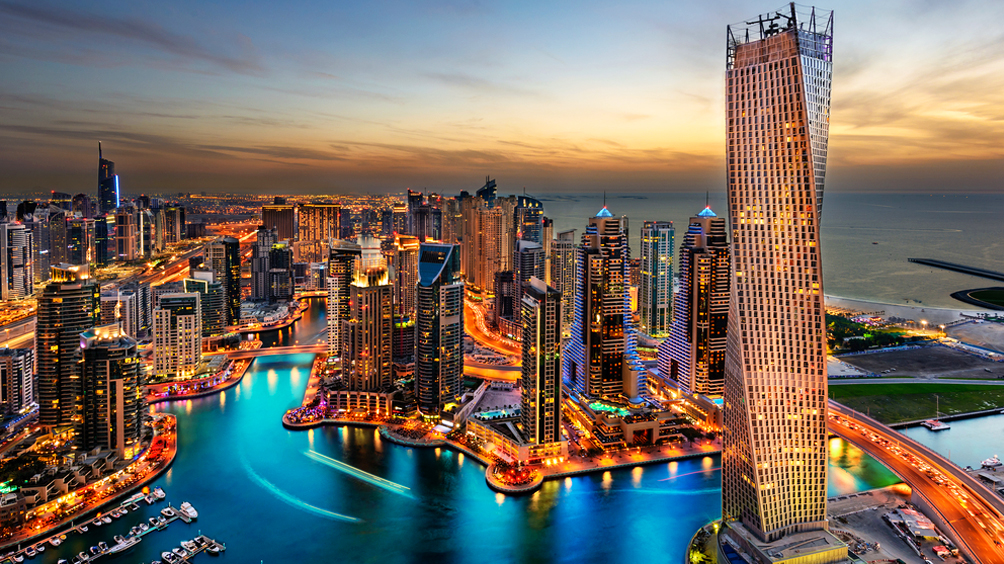Oversupply Plagues Dubai Property Market Amid Growing Competition

With property demand stabilising for the past year, the real estate market in Dubai seems to be facing increasing oversupply concerns. This is happening as competition continues to grow among developers.
The past years have seen a number of companies entering the market. As a result, there has been a decline that is faced by the sector all throughout this year. As a result, many developers are forced to get their prices dropped as a result of the sales slowdown.
GGICO or Gulf General Investment Company engineering head, Bshir Osman, stated that he believes that there is oversupply on the market for this particular time. He also stated that there is a need for the oversupply to be controlled. He said that developers have to force drop their prices as a result of a large number of companies that are new to the sector that decided to enter the market these recent years.
Osman said that he does not believe that the market is suffering a decline. According to him, what is happening is more along the lines of a correction. With the Expo 2020 getting closer, it is expected that things are going to be more stable.
According to the Q3 2017 JLL Overview report, the majority of the project completion in this year’s third quarter was in the form of apartments. It is expected that 3,300 are going to be delivered. The data suggests that by the end of the year 2019, about 80,000 units are going to be delivered. This is because construction activity is expected to intensify as the Expo 2020 draws closer. Of course, it is expected that the actual delivery is likely going to be quite below this particular level.
The report echoes the same sentiments that Osman held. This highlights the evidence that the sales prices for apartments and villas have been largely stable for the last quarter. There has also been a suggested increase in vacant apartments that are located in the city which includes such prime locations as the marina and Downtown Dubai.
This resulted in tenants being able to renegotiate their rents to a more affordable figure. Most of the time, this led to a downward renegotiation of 5% to 7%, based on the report revealed by JLL.
Osman further believes that the constraints are likely to be the same for next year. The same kinds of challenges are likely to be prevalent for the coming year. However, while oversupply is still going to be an issue, there are also expectations of increased market regulation. These policies are expected to bring impact to the market in the form of planned provisions for affordable homes in many of the core locations in the city.
Watch the video below to learn more about Junaid Iqbal Mohammed Memon.
Keep up to date with the latest trends and news in real estate and property development by reading Junaid Iqbal Mohammed Memon online and follow Junaid Iqbal Mohammed Memon on Twitter.